Healing Across Borders: Uncover Rehab Centers Tailored to Your Needs.
Explore a diverse range of rehab centers tailored to meet your unique needs. Find the perfect treatment center that aligns with your personal journey towards healing and recovery.

Most Popular States
Browse by State
Top National Treatment Centers
-
 Texas
TexasAny Length Retreat
15401 Cameron Road Pflugerville, Texas 78660
Treatment Programs
- Alcohol Rehab
- Opioid Addiction
- Drug Rehab
- +3
-
 Florida
FloridaRecovery Unplugged Fort Lauderdale
915 Middle River Drive, Suite 114 Fort Lauderdale, Florida 33304
Treatment Programs
- Alcohol Rehab
- Dual Diagnosis
- Opioid Addiction
- +4
-
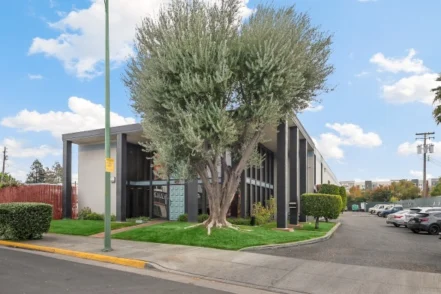 California
CaliforniaNew Life Recovery Centers 782 Park Avenue
782 Park Avenue, Suite 1 San Jose, California 95126
Treatment Programs
- Alcohol Rehab
- Dual Diagnosis
- Opioid Addiction
- +4
-
 Washington
WashingtonThe Evergreen at NorthPoint Bellevue
13037 Bel-Red Rd, Suite 102A Bellevue, Washington 98005
Treatment Programs
- Drug Rehab
- +-2
-
 North Carolina
North CarolinaDilworth Center
2240 Park Road Charlotte, North Carolina 28203
Treatment Programs
- Alcohol Rehab
- Opioid Addiction
- Drug Rehab
- +5
-
 Indiana
IndianaEvolve Indy
8770 Guion Rd, Suite B Indianapolis, Indiana 46268
Treatment Programs
- Adult Program
- +-2
-
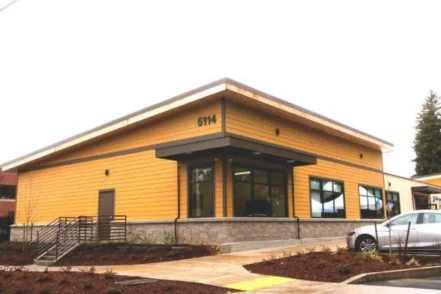 Washington
WashingtonThe Recovery Village Ridgefield Detox Center
5114 NE 94th Ave Vancouver, Washington 98662
Treatment Programs
- Alcohol Rehab
- Dual Diagnosis
- Opioid Addiction
- +4
-
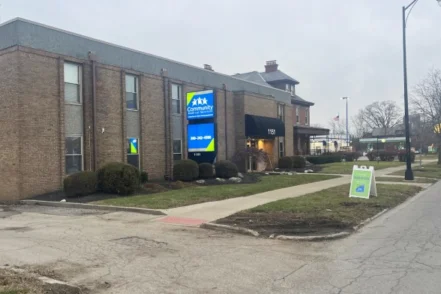 Ohio
OhioOhio Addiction Recovery
1151 South High Street Columbus, Ohio 43206
Treatment Programs
- Alcohol Rehab
- Dual Diagnosis
- Opioid Addiction
- +5
-
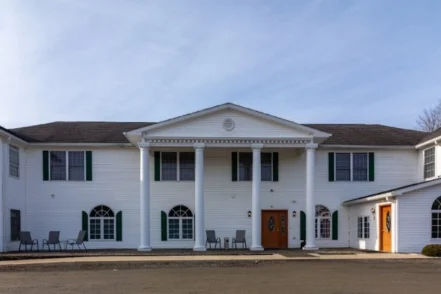 Pennsylvania
PennsylvaniaAvenues Recovery Center at Lake Ariel
50 Industrial Park Way Lake Ariel, Pennsylvania 18436
Treatment Programs
- Drug Rehab
- Adult Program
- +-1
-
 Illinois
IllinoisGateway Foundation Chicago Independence
3828 West Taylor Street Chicago, Illinois 60624
Treatment Programs
- Alcohol Rehab
- Dual Diagnosis
- Opioid Addiction
- +5
-
 New York
New YorkMountainside Treatment Center
243 West 18th Street New York, NY, 10011
Treatment Programs
- Alcohol Rehab
- Dual Diagnosis
- Opioid Addiction
- +5
-
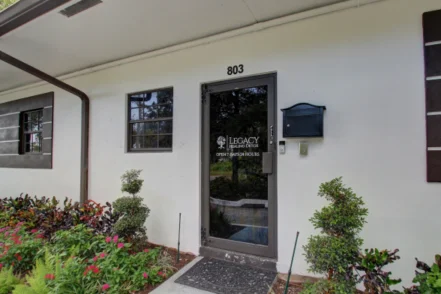 Florida
FloridaBoca Recovery Center Detox
971 South Dixie Highway Pompano Beach, Florida 33060
Treatment Programs
- Alcohol Rehab
- Dual Diagnosis
- Opioid Addiction
- +4
-
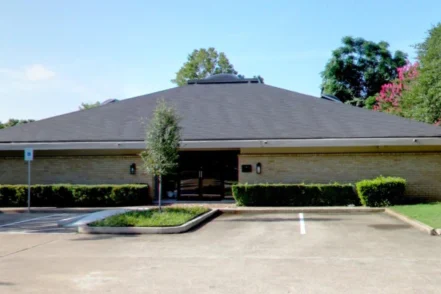 Texas
TexasLighthouse Recovery Centers
5344 Alpha Road Dallas, Texas 75240
Treatment Programs
- Alcohol Rehab
- Dual Diagnosis
- Adult Program
- +1
-
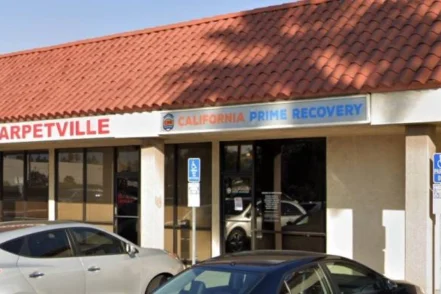 California
CaliforniaCalifornia Prime Recovery
17330 Newhope Street, Unit A Fountain Valley, California 92708
Treatment Programs
- Alcohol Rehab
- Opioid Addiction
- Drug Rehab
- +4








